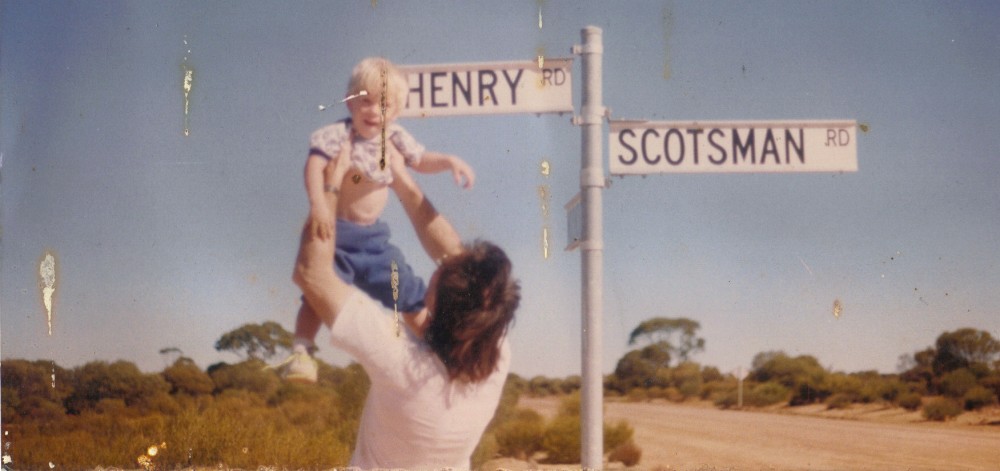I haven’t tied vignettes to one meaning so won’t attempt any discussion – other than to remark how similar one is to a song that stays around the one incident or object.
A song is a snapshot of attitudes and understandings just as a well written journalistic piece is. It may not set out with the same intention but we get the impression from speech patterns and idioms, from changing preoccupations, what era the song belongs.
A song is a document but it can’t be sealed shut or eaten by moths. It is pervading and absent by turn. Some songs are masterworks of propreitary shutdown while others are long in the public domain. There are derivative numbers and entirely ecclectic tunes; often now nestled side by side. Sorting out what makes a good song is a tortuous process. Not so, song generally. More and more songs are amalgams of beats devoid of a creative spark or they are synthesised to a state resembling gloop.
The fact that artistry exists in genres that are otherwise lacking only makes the critic’s job harder and while we aren’t tasked with the same brush as the song critic, we do well to observe the structural and stylistic notes they take.
There’s a mean adage about ‘those who can’t do, teach‘ and there are people involved in the music industry whose talents don’t run to composition. There are musos who can come up with a few scraps of the necessary to plug into their style. The degree to which this affects your own endeavours is up to you, but I’m of the firm belief that you don’t temper your own skillset because that’s where you are most fulfilled and producing work of a quality.
Another problematic aspect to this is that, like all skills, they are sharpened over time. While you may have flukes that possess all the features of a mature work, you’ll know you’re still learning if you can’t churn another one out straight after. I was writing poems every day but there are diamonds in the dirt is the best you could say.
I don’t think it’s an evolution entirely as some works that I produced that have stood the ravages of time are of a type I could only have written with that mindset and that raw energy. If you don’t expect your progress to be linear then you won’t be concerned.
It’s whether you let critics as amateur or fledgling as you are at your chosen vocation, get to you or not that is a measure of your ability to persevere.
If your experience is anything like mine, you will have that moment when your ability to write effortlessly within an ouevre is there. An endless cascade of thoughts and ideas and concatenations.
Being able to document the times you’re living through is a good ability to have. Regardless of how much impact other eras may have, there is value in being able to peek in.
II
Why did I repeat ‘ability’ three times instead of choosing metaphors or similes? Because I think there is sufficient difference between a skill and an ability; between a talent and an ability, as to be unable to replace the word. Developing a skill enables to you to present the nuts and bolts. You are asked to write a western swing number about marauding mountebanks and so you do. It has the right tempo, the mood fits the subject matter or the treatment you’re being asked to give it and so you present a facsimile of whatever it is that is pretty much pulled from a hat.
A talent is like an ability but it’s wild and unpredictable; mercurial. There are talented souls who don’t know the source of their inspiration or understand the forces they control. Talents will do something that is amusing and makes one go ah but they don’t extend beyond that, at least not in their act.
An ability is seemless. It’s being able to do something well, repeatedly. It may be unique or shared by your group but it basically means that if you sharpen a stick then it’s going to be plenty pointy before you’re finished.
III
You could potentially cycle through all three during your career or even have aspects of one operating alongside the other. Talent can capture the zeitgeist or find the right words to lead into that big band explosion. Skill can fit the crooner’s tenor and tone. Ability can furnish a writer’s room.
